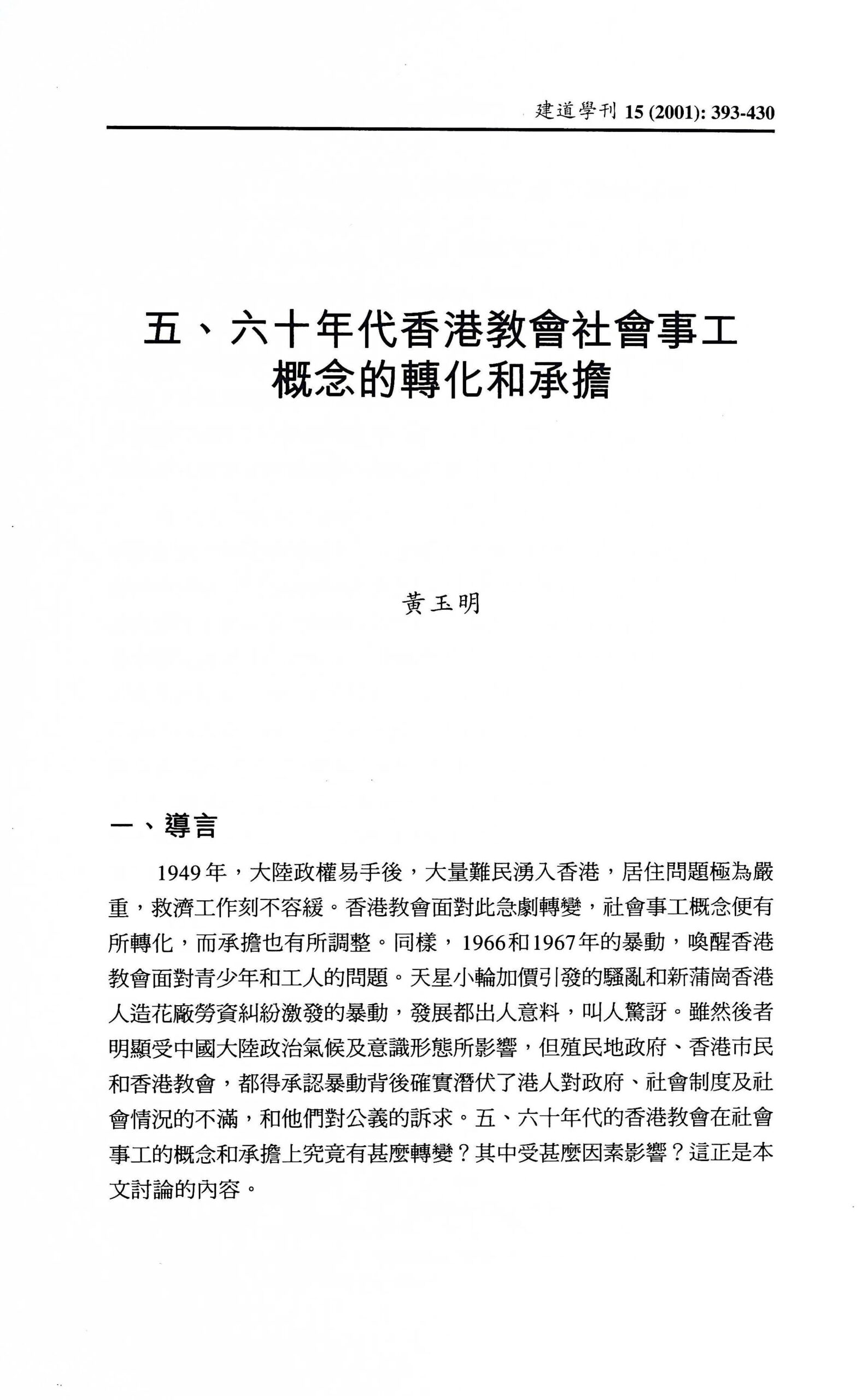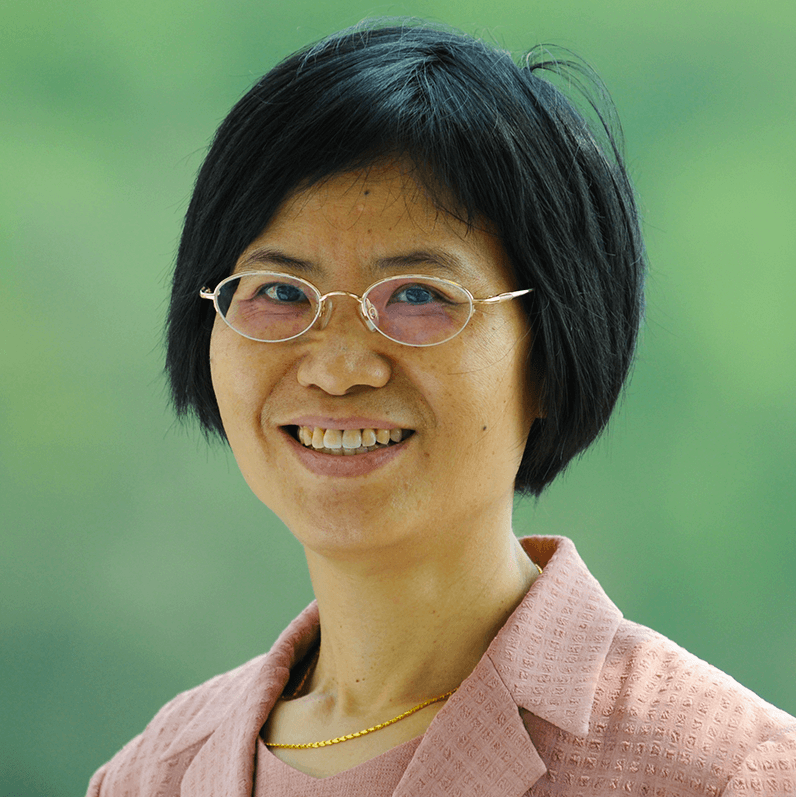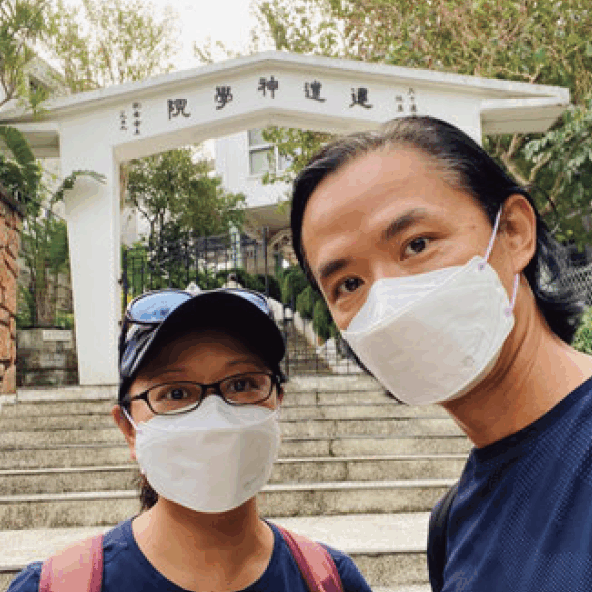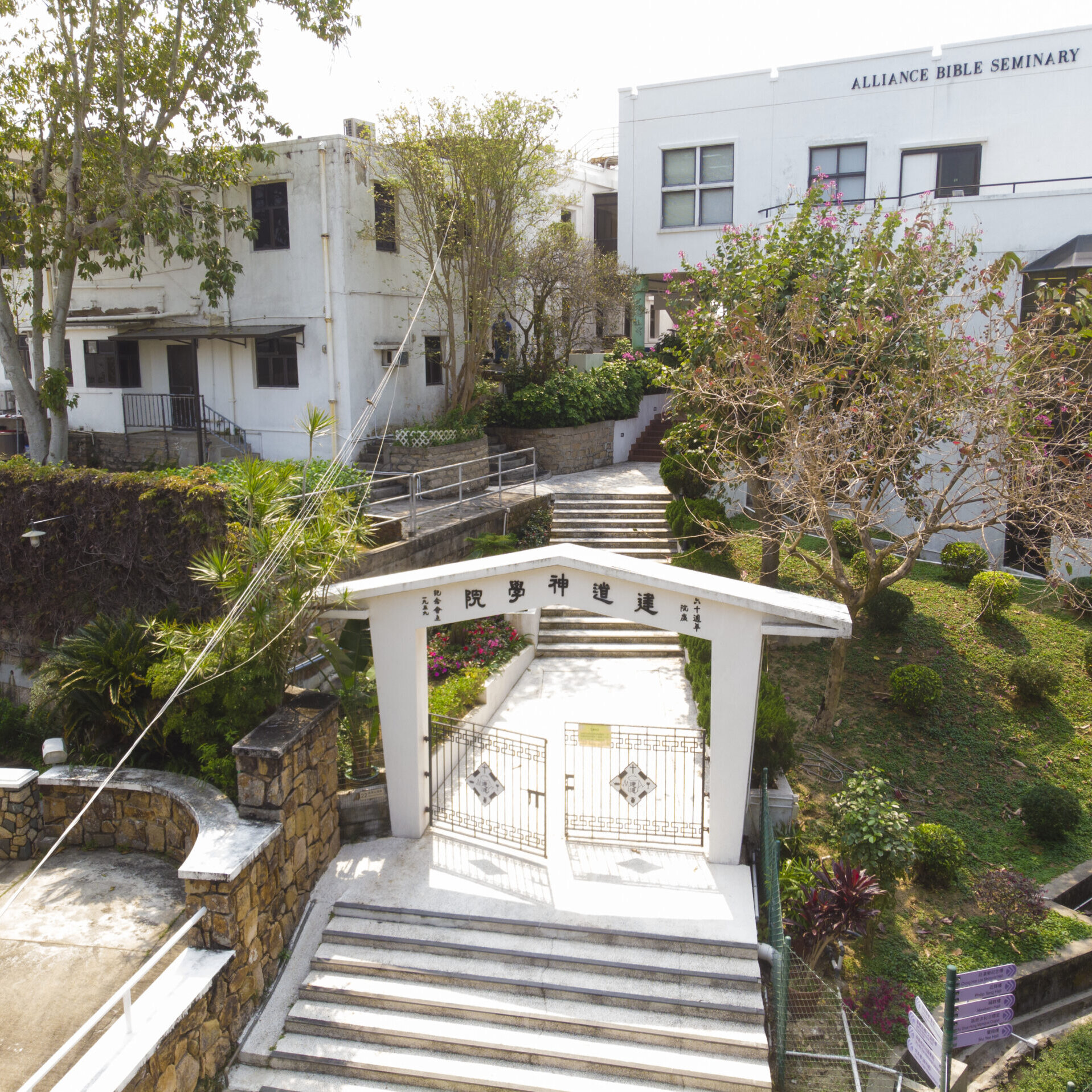五、六十年代香港教會社會事工概念的轉化和承擔 / 黃玉明
撮要
本文研究五、六十年代香港教會社會事工概念的轉化和承擔。外國差會面對戰後中國的需要,將其所提供的社會服務看為福音事工的範圍。差會撤至香港後,與香港教會共同服侍那批有極大需要的中國難民。其時教會在開辦社會服務上較強調福音的社會功能方面的表達,包括以基督的愛服侍社群,以福音培育青少年等。在籌募經費上,聖公會何明華會督率先與志願機構和宗教組織合作,承辦服務事業,如此也帶動了其他教會以社會集資方式開辦服務事業。
1953年石硤尾大火後,殖民地政府擴大了其在房屋方面的服務。六十年代中 期開始,海外救助減少,教會也依靠政府的撥地、資助和貸款,被看為政府在社會服務上的合伙人。教會雖然是在服務社群,但當中還夾雜著其他動機,包括透過服務傳道,和透過服務取得會址等。
總的來說,香港教會按其信仰,並對環境的認知,決定承擔社會事業。五、六十年代,香港教會先後在社會事業上扮演了先驅者和政府伙伴的角色,不但提供新模式以服務社群,同時也是政府的人力財力資源。後來由於教會提供的服務接受了社會和政府的資助,因此其服務亦不得不受到政府的監管,而教會也不再揚言以傳道為社會事工的最高動機。
ABSTRACT
This paper studies the Hong Kong churches’ conceptual changes of social responsibility in the 1950s and 1960s and their corresponding undertakings. Missionary societies considered their social services provided after the Second World War as involvement in evangelism. After they had moved from China to Hong Kong, they joined the churches in Hong Kong and served together the Chinese refugees who were in great need. Hong Kong churches at that time put more emphasis on the working out of the social implications of the Gospel. In fund raising, Bishop R. 0. Hall pioneered in the cooperation between religious organizations and voluntary agencies for social services in Hong Kong. Some churches followed by coordinating contributions from society to take up service projects.
After the Shek Kip Mei fire in 1953, the Colonial Government greatly expanded her involvement in housing service. Since the mid-1960s, overseas assistance had diminished. The churches received land, subsidies and loans granted by the government for the provision of social services and were considered the partner of the government. Though the churches were serving the community, they still carried other motives such as attaining evangelization or obtaining a church building.
To conclude, churches in Hong Kong, according to their understanding of faith and situation, took up service projects in the 1950s and 1960s. They provided new models of serving the society and were one of the government’s financial and manpower resources. Since they received financial contributions from the society, the quality of their services had to be controlled by the government. Also, the churches no longer acclaimed evangelization as the supreme motive of their work.
原載於《建道學刊》15期(2001年1月),頁393-430。
作者簡介
黃玉明
前神學系副教授
最新文章
【畢業生分享】重新導航──導引一生的神 / 王雅君
2026 年 1 月 1 日
【畢業生分享】屬靈導引的生命體會——與上主同工的旅程 / 黃芳
2026 年 1 月 1 日
【校本部學生分享】重拾與主同行的節奏——依納爵神操旅程反思 / 鄭家恩
2026 年 1 月 1 日
編輯精選
[電子書]困境與抉擇:「建道研究中心30週年誌慶」跨學科研討會論文集/廖炳堂、倪步曉主編
2025 年 1 月 2 日
從梧州到長洲:建道神學院125年的挑戰與恩典 / 陳智衡
2023 年 10 月 1 日
微小教會的見證/高銘謙
2023 年 6 月 1 日








